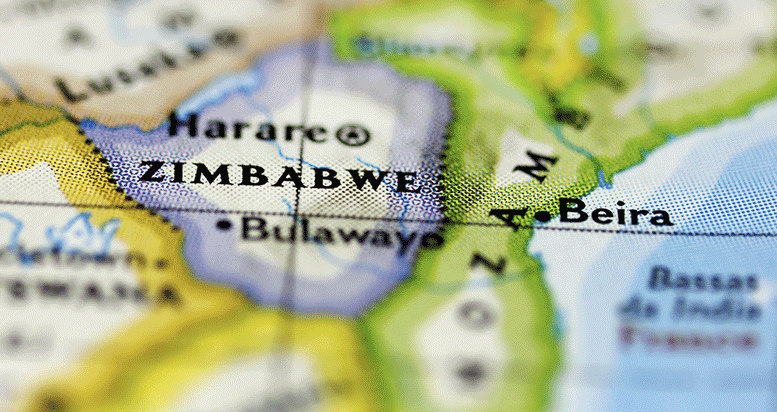Officials in Zimbabwe say changes that loosened rules for cannabis production have translated into investment interest from the U.S., U.K, Germany and Switzerland, as licensing for medical marijuana and industrial hemp is now fully underway.
Scrapping regulations that would have put all cannabis under state ownership, the government says, will let private players begin to develop hemp as a replacement for the country’s falling tobacco exports.
“It’s most relevant now considering the threat that the tobacco industry faces and knowing very well that Zimbabwe heavily depends on tobacco production,” said Zorodzai Maroveke, who heads the Zimbabwe Industrial Hemp Trust (ZIHT), a development initiative set up to assist farmers in starting up hemp operations, and to look for new export markets for their hemp outputs.
Looking for alternatives
“Our economy has to start looking for alternatives. And I think industrial hemp tops the list,” said Maroveke. “It’s a green crop and there is a lot of social impact in comparison to tobacco. I think in ten years you will see the value chains that will come out of this sector are way more than tobacco.”
Zimbabwe is Africa’s largest tobacco producer, but the country has seen that sector shrink in light of global trends away from smoking. That has contributed to stagnation which has beset the country’s economy for nearly two decades despite the African nation’s vast wealth of natural resources. Tobacco makes up roughly 20% of Zimbabwe’s exports.
The government had said it intended to manage Zimbabwe’s hemp industry under state ownership when it embarked on hemp trials two years ago. But it has now abandoned that strategy to encourage private investment in hemp and medical marijuana, the only subsectors in which operators can open legal businesses under the country’s cannabis laws.
Licenses and leases
Zimbabwe, which recently began awarding licenses and providing 99-year leases on state-owned farms to kickstart cannabis farming, harvested its first crop of legally cultivated industrial hemp in February 2019 after decriminalizing cannabis growing in 2018. Regulations to guide the industry were released in October 2020.
“Zimbabwe has gone a little step further to show that it is willing work with its partners and investors by coming up with an investor agreement which further protects you against anything like expropriation and change or changes in law, which is quite great,” said Tino Kambasha of the Zimbabwe Investment Development Agency.
High risk investments
Despite those policies, businesses operating in Zimbabwe face high legal risks, limited access to international capital markets, foreign currency shortages and significant challenges repatriating profits, according to groups that monitor the investment environment.
Such groups also report that market volatility makes most transactions highly time-sensitive, especially those involving domestic currency conversions. High operating costs due to infrastructure gaps, electricity interruptions, onerous taxes and expensive financing costs are also cited as challenges to doing business in Zimbabwe.

